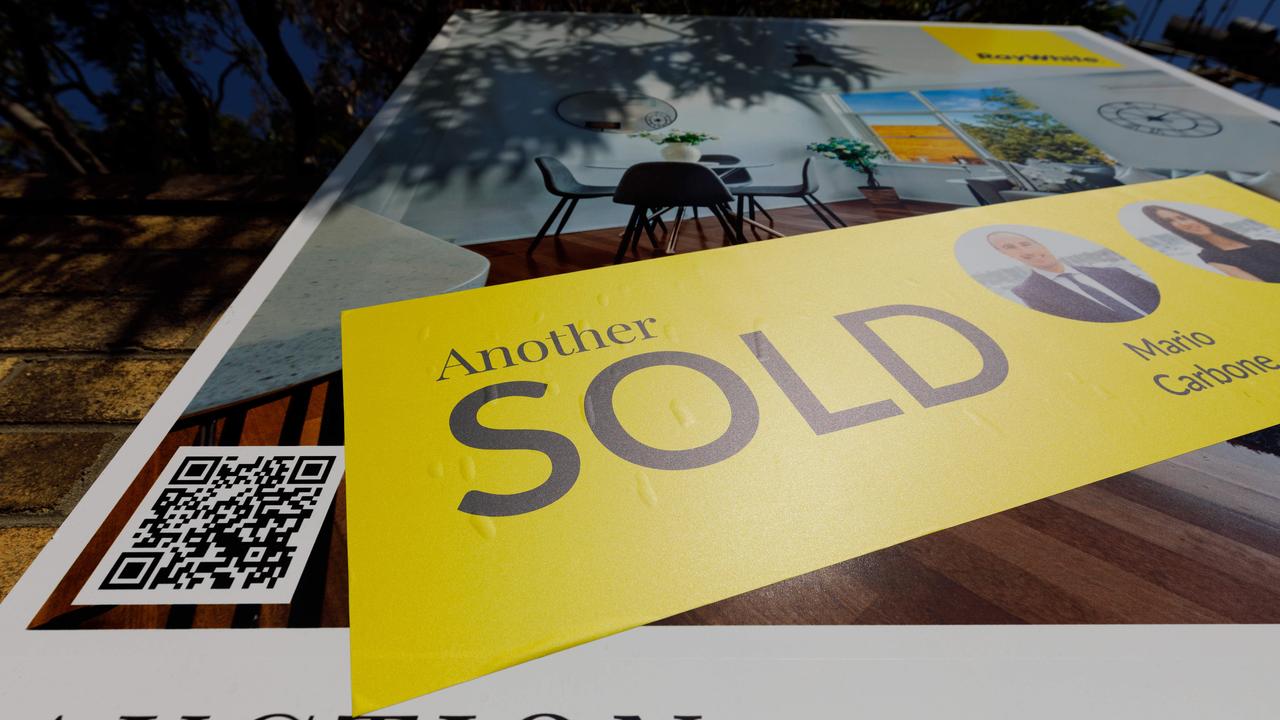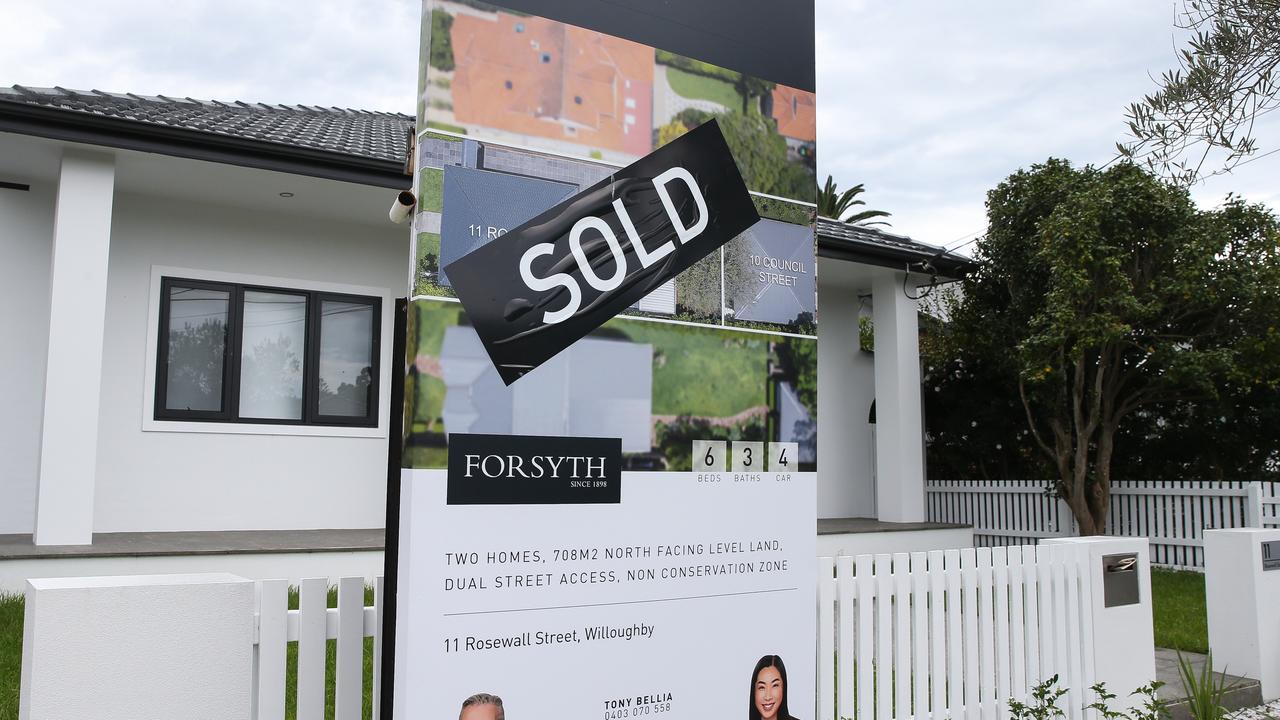Voters will be affected by interest rate rises and South Australian Labor’s upper house move
Two extraordinary changes in recent days will mark momentous turning points and have far-reaching impacts on voters’ daily lives, Paul Starick writes.

Federal Election
Don't miss out on the headlines from Federal Election. Followed categories will be added to My News.
Two extraordinary changes in recent days will mark momentous turning points in the political system’s effect on voters’ daily lives.
The first interest rate rise since 2010 creates bigger mortgage repayments for householders and intensifies the pressure on governments carrying record debt and huge spending demands.
The era of historically cheap money is over at a time when Australians have become more reliant upon governments than ever in the wake of the Covid-19 pandemic.
Key players in the May 21 election campaign continue to propound the misguided expectation that Australian governments can definitively solve issues as complex as climate change, cost of living and stagnant wages.
At a state level, newly installed Treasurer Stephen Mullighan’s June 2 budget will be severely tested by rising inflation and interest rates. He has to start funding $3.118bn in election promises, including $1.145bn in health and $593m for a Whyalla hydrogen power plant.
The accuracy of Labor’s costings, assessed before inflation and rate spikes, will come under pressure.
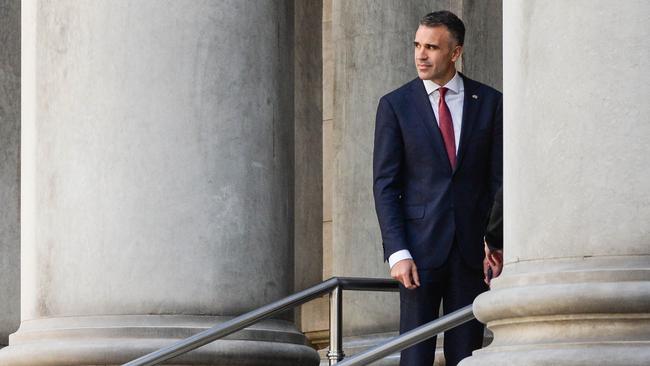
But the newly elected Labor government’s task of pushing through legislation to keep its election promises has been made vastly easier by the other extraordinary change – securing effective control of the upper house through the election of Liberal Terry Stephens as upper house president and the removal of his vote from the floor.
The nine-member Labor bloc now needs only the backing of either the Greens or SA-Best, both of which have two members, to pass legislation. This means the Malinauskas government can choose between the Greens on the Left or SA-Best to the centre in a bid to forge support. By contrast, the Liberals would require the backing of both to block Labor’s agenda.
Even after a landslide Liberal win in 1993 infamously left Labor with just 10 seats in the 47-member lower house, the-then premier Dean Brown struggled to implement change because of upper house resistance. Labor will have no such problems.
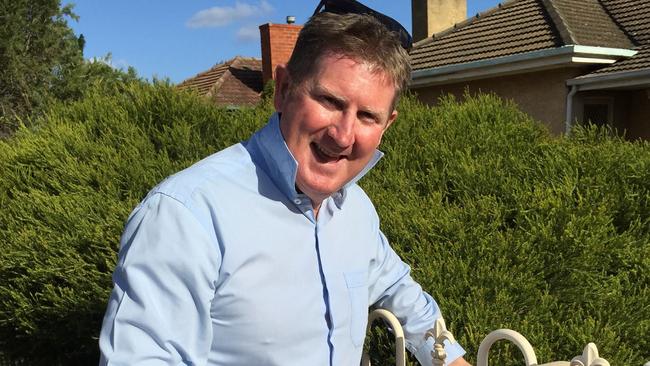
Given state governments deliver services including health, education and transport, there will be noticeable effect on voters’ everyday lives. Labor will have the ability to remake the state to its own ends – the test will be the success or otherwise of its agenda.
Senior Liberals argue the Greens and Labor have forged an alliance, citing as evidence the Greens’ decision to preference ex-Liberal independent Sam Duluk above his former party in the southeastern Adelaide seat of Waite, which Labor subsequently won. This was despite Greens MLC Tammy Franks just six months before the election unleashing a barrage of extraordinary allegations against Mr Duluk, detailing under parliamentary privilege shocking claims of drunken sexism, racism and homophobia on the night of a boozy parliamentary Christmas party. These were rejected by Mr Duluk, who was accused of assault and found not guilty in court.
Tuesday’s manoeuvring demonstrates, yet again, state Labor’s ability to massage an agenda and ruthlessly deploy political craft to suit its own ends. They play hard, particularly Manager of Government Business Tom Koutsantonis, in a manner that often offends the polite sensibilities of South Australian politics – particularly as conducted by the too-often meek Liberals.
In a sleight-of-hand trick, Labor fuelled attention on the saga of Vickie Chapman’s impending resignation from the lower house to divert eyes from the impending power play in the upper house. Mr Stephens was elected unopposed after a nomination by Ms Franks. He was upper house president in 2020, from February to September, but, somewhat ironically, quit as the original target of the country members’ travel allowance scandal that set the Marshall government on a careening course to electoral disaster.
Premier Peter Malinauskas might be enjoying an electoral honeymoon and a strategic parliamentary victory. But he needs to continue his caution at signs of hubris and arrogance among his troops. More particularly, the economic climate is worsening, posing huge challenges for a government with a big-spending agenda.
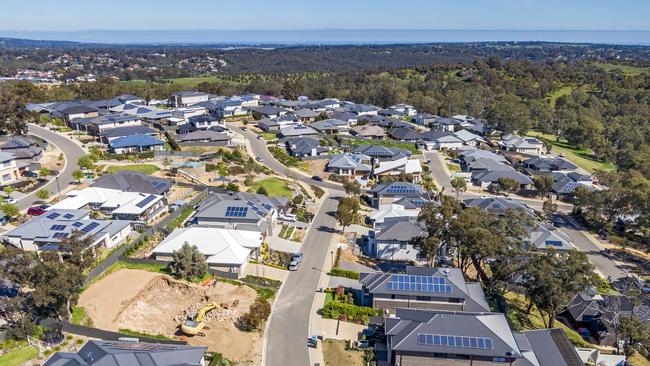
Stockmarkets are plunging around the world amid interest rate and inflation spikes. In Australia, interest rate hikes have started earlier and will rise higher than expected, according to Westpac. “The shift will almost certainly come as a shock to consumers. While they were already on rate hike watch, only about a third of consumers surveyed in April expected anything like this scale of rate increases,” its analysis says.
The world is changing dramatically. It’s not clear whether governments can adjust to the new reality.
More Coverage
Originally published as Voters will be affected by interest rate rises and South Australian Labor’s upper house move




